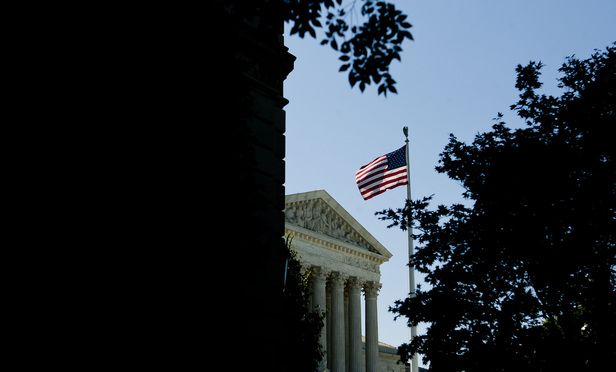Nearly three years ago, the U.S. Supreme Court held that an offer of judgment to the named plaintiff for the full amount sought could moot a collective action brought under the Fair Labor Standards Act. It also gave indications that it might extend that rule to other kinds of cases. But the court seemed to change course in its ruling in another case late last month. And some of the reasoning offered in support of that decision has left commentators scratching their heads.
The court’s first decision was in Genesis Healthcare Corp. v. Symczyk, which it decided under Federal Rule of Civil Procedure (FRCP) 68. Almost immediately the Genesis decision ignited a debate over whether the court’s holding was also applicable to FRCP 23 class actions. When presented with this very question, federal courts issued conflicting rulings on the effect of an offer of judgment on a pending, putative class action. While some courts ruled that an offer of judgment did moot a class representative’s claims, requiring dismissal of the entire class action, other courts held that an offer of judgment by itself was insufficient to dismiss a case.
This content has been archived. It is available through our partners, LexisNexis® and Bloomberg Law.
To view this content, please continue to their sites.
Not a Lexis Subscriber?
Subscribe Now
Not a Bloomberg Law Subscriber?
Subscribe Now
LexisNexis® and Bloomberg Law are third party online distributors of the broad collection of current and archived versions of ALM's legal news publications. LexisNexis® and Bloomberg Law customers are able to access and use ALM's content, including content from the National Law Journal, The American Lawyer, Legaltech News, The New York Law Journal, and Corporate Counsel, as well as other sources of legal information.
For questions call 1-877-256-2472 or contact us at [email protected]






